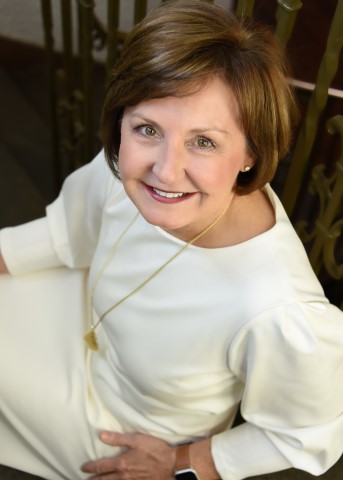House Flipping Loans: Key Factors to Keep in Mind

Photo by Karolina Grabowska from Pexels
The golden rule of house flipping states that entrepreneurs should never pay over 70% of a property’s value after subtracting the cost of renovations and associated fees. Known as the “70 Percent Rule,” it sets a standard for improving the chances of turning a profit even if unexpected financial challenges arise.
Few upstart house flippers have 70% tucked away. That’s why many look to lenders to secure the upfront cash necessary to complete a fix-and-flip project. But borrowing money from sometimes unconventional sources can be complicated. By understanding the pros and cons of financing a fix-and-flip, you can make savvy financial decisions.
What House Flipping Loan Products Are Available?
The majority of loans for flipping houses set repayment terms between 6-18 months. One-year loans rank among the most commonly approved. Some loan products offer entrepreneurs relatively low-interest rates if they have a sound business plan, good credit score, cash-on-hand and assets to leverage. Some sources charge interest rates into the teens but typically set a lower qualification threshold. These rank among the more common resources house flippers access.
- Hard Money Lenders: These resources are sometimes considered a last resort. But the bridge loans they provide fit almost seamlessly into the fix-and-flip process. The relatively short-term financing can be factored into the 70% rule.
- Home Equity Line of Credit: Commonly referred to as a “HELOC,” this loan product allows upstart house flippers to secure a line of credit against home equity. Because the money is secured, lenders tend to offer wide-reaching flexibility about usage.
- Cash-Out Financing: This strategy allows property owners to leverage the equity slightly differently. An existing home or commercial property loan increases as the owner extracts a portion of the difference between what is owed and fair market value.
- Private Lenders: These resources usually lend their capital to help finance projects they anticipate will deliver a reasonable investment return. They may not be associated with a bank or traditional lending institution.
A wide range of borrowing options remains available to house flippers, largely because the industry continues to see substantial growth. In 2019, a reported 6.2% of homes sold were considered flips. That figure rose from 5.8% the previous year. However, the fact that fix-and-flip projects hovered at an 8-year high in 2019 doesn’t necessarily mean newcomers should take out hefty loans.
Weigh Benefits Of House Flipping Loans
Available loan products and resources generally work well with the 70% rule and can be folded into anticipated expenses. That means borrowing delivers the cash-on-hand necessary to press forward with a potentially lucrative project. But the challenges of relying on outside money must also be considered.
- Liens: Hard money and private lenders often require the loan to be secured against real estate. This may include assets in your portfolio or the fix-and-flip property. It’s essential to understand that coming up short on repayment means the lender could end up with the resale profits.
- Timing: Traditional lenders typically don’t move quickly. When entrepreneurs find a property ripe for flipping, sellers may be hesitant to wait. To some degree, that minimizes your negotiating power. In the house flipping sector, the adage “cash is king” holds true.
- Repayment: One factor borrowers sometimes overlook is the fact monthly payments are required on these short-term loans. It’s crucial to include that added expense in your 70% rule calculations and have the cash on hand to avoid defaulting on the loan.
Under suitable terms and conditions, loan products can deliver the financial backing necessary to succeed in the house-flipping industry. But borrowers would be wise to consider all the implications and be sure the loan furthers your best interests.
About the Author

Sellers Group powered by Keller Williams Realty Atlanta Partners
Cindy has been an active Real Estate Agent since 1999 and continued as a Broker Associate in 2002. Licensed in both the state of Georgia and Alabama, her career has always centered around the sales environment. After several years of working in the Corporate world, Cindy decided it was time to step out and start her own business where she could make a difference and contribute to the well-being of others. What better way than getting into real estate!
